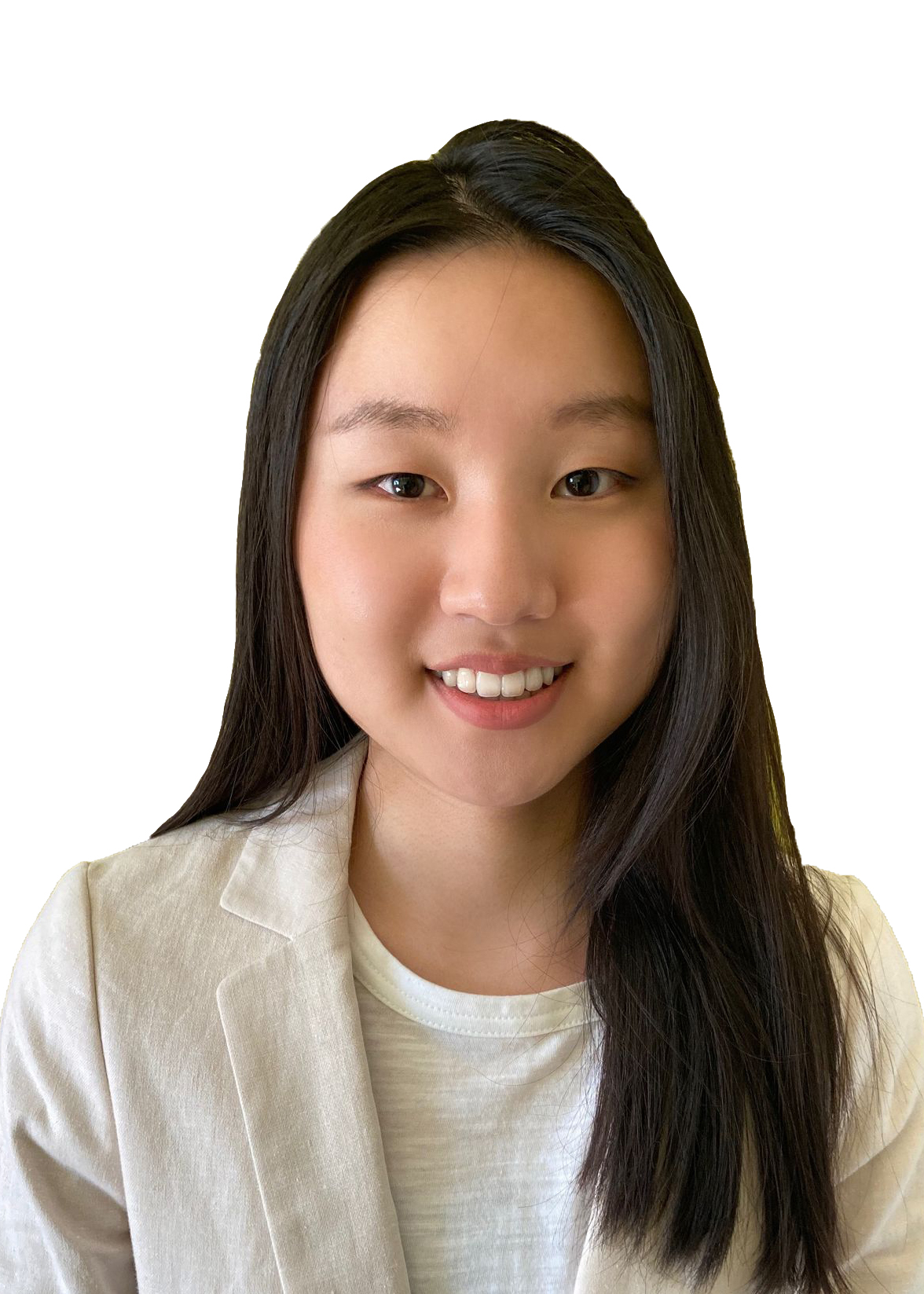CUP Graduate Student Equity Award Profile: Hanji Baek
11 April 2023

“I’m happy soaking in what everybody else is contributing and learning from students doing PhDs and actively working in their fields. This exposure has really helped me see what kind of work I could do in the future.”
This article is part of a series highlighting the recipients of the Graduate Student Equity Award offered by the Community-University Partnership (CUP) in the School of Public Health. The award supports graduate students pursuing community-engaged research and is made possible with funding from the Suncor Energy Foundation.
Hanji is a first-year student in the Master of Public Health (MPH) program, a course-based degree through the School of Public Health, where she specializes in epidemiology. The program provides students key competencies to enter the public health field as a practitioner or researcher. Hanji is using the opportunity to broaden her knowledge of the field and prepare for a career that involves engaging with community organizations.
Students in the MPH program begin their practicum in their second year, giving Hanji time to concentrate on her classes, including courses on epidemiology as well as biostatistics and public health action. Hanji is also part of a Calgary-based research team investigating ways to improve quality of care, including care provided to patients with schizophrenia.
Hanji learned the term “epidemiological cave” in an MPH introductory class.
“It describes how a lot of epidemiologists and scientists tend to go into their cave and not really come out of it during their research. The professor of this class stressed to us that it’s important to know what’s going on in the community because the community has cultural knowledge or other kinds of knowledge we might simply miss.”
Hanji arrived at her focus on epidemiology during her bachelor’s degree in sciences at the University of Calgary. Her interest in community engagement was sparked by various work opportunities she had at this time, including a job with the Calgary non-profit The Immigrant Education Society that involved promoting the organization’s services and campaigns. Hanji also led a research proposal for a project to explore social determinants of health in specific Calgary communities during the COVID-19 pandemic. While the proposal was ultimately unsuccessful, it was a vital learning experience, and Hanji says it was her first real exposure to what community-based research could involve.
“This opportunity taught me about the importance of making community research a joint process that involves members of the community. In writing that proposal, we took steps to make sure it was centred around community needs. We took time to assess those needs. We also developed action plans to make sure it would continue to benefit the community in the future.”
Hanji appreciates CUP’s community of practice sessions because they allow first-year students to learn from researchers or session facilitators who are actively working with communities.
“I’m happy soaking in what everybody else is contributing and learning from students doing PhDs and actively working in their fields. This exposure has really helped me see what kind of work I could do in the future.
“I wanted to learn how my specialization in epidemiology would connect to community-based research. I found it very instructive when one of the session participants spoke about how they were following a mixed-methods approach in epidemiology, which incorporates quantitative and qualitative methods and makes it easier to involve communities in the process. This really opened my eyes to what community-based research could mean in my field.
“The sessions have demonstrated to me that, even if we’re working with data and numbers, it is still possible to have a community-engaged component to our research by bringing community members to the table. Non-researchers may not understand all the statistical and epidemiological concepts, but we can still explain these things to them and fill them in on the process and how it will affect their community.”
Hanji says the CUP Graduate Student Equity Award provides a unique opportunity for students to showcase their community-based experiences and join a network of like-minded peers at the university. She says the award illuminates how different experiences can bridge into a research environment. Volunteering experience, for example, provides foundational skills for community-engaged research but is not always valued by funders.
“I really enjoyed the application process. When I first found out about the award, I was a little surprised that this type of opportunity exists. I appreciated that we didn’t need to show our grades or C.V. but instead share our experiences and explain how we hope to contribute to community-based research. This really helped me present myself better because I think, a lot of the time, when you need to check boxes as part of an application, it just puts you in the box.
“I find it very important that CUP has joined the School of Public Health and is able to open doors for more public health researchers to engage with communities.”